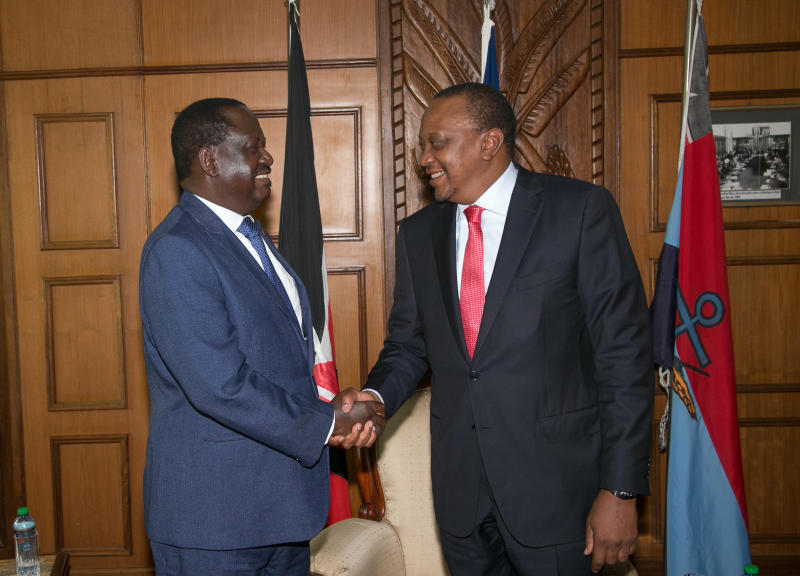×
The Standard e-Paper
Smart Minds Choose Us

Uhuru Kenyatta was elected President of Kenya for a second and final term in August of 2017 after a campaign that faded in effort and rhetoric in comparison to his ascendancy to the job in 2013.
But, just like in the previous election, the results of his victory were contested. Unlike in 2013, they were eventually nullified by the country’s highest court, setting him on a collision course with Raila Odinga, the Opposition chief with whom he has a much publicised love-hate relationship.